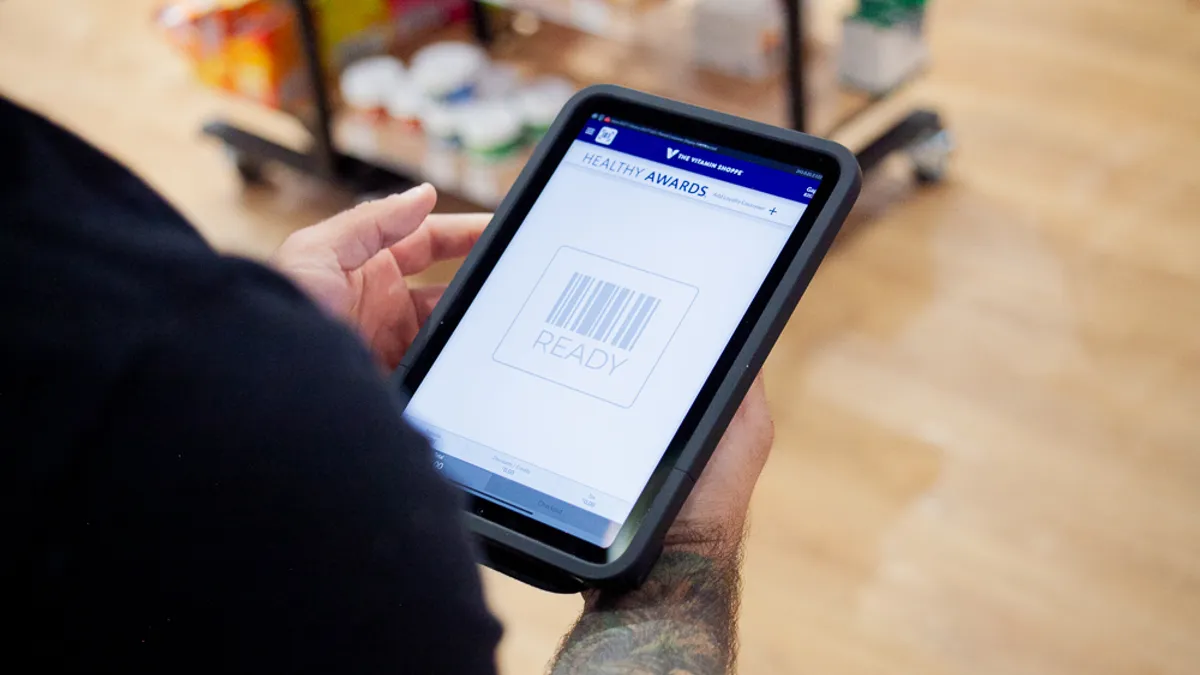Editor’s note: The following is a guest article from Lars Rensing, CEO of Protokol.
The European Union is mandating that by 2030 some textile products for sale in the EU will require a digital product passport. While DPPs are part of the EU’s larger plan to increase sustainable manufacturing practices, they also offer retailers a massive opportunity to engage with customers.
DPPs are a digital record of information about a product that can provide access to information about a product’s lifecycle, including components, warranty and sustainability.
Though the mandate earmarks certain industries for early adoption, such as batteries by 2027, the reach and impact of this move will expand in the coming years to be felt across multiple industries. DPPs will become a standard part of many products and inform the way customers learn about the products they purchase.
DPPs present a big opportunity for customer experience leads by providing a new customer touch point as well as avenues to improve customers’ experience with their products.
Improving accessibility to product information
Everyone at least once in their life has wondered where they stored that warranty information or instruction manual that was carelessly put aside when they were too excited about their new purchase.
With DPPs being able to hold a wealth of data, a customer could access warranty information and instruction manuals simply by scanning a barcode or QR code attached to the product.
Making product information more easily accessible allows customers to make better use of the product, maintain it or have it repaired. Not only does this improve the lifecycle and value of the product itself, but it also encourages brand loyalty and potential future purchases.
Creating a new direct customer channel
For brands, DPPs can also be a useful tool to create new revenue streams and bolster sales by opening a new channel to engage directly with customers.
Brands could recommend complementary products within the DPP, for example, helping maintain contact with customers and encouraging them to return. DPPs could even be integrated within existing loyalty platforms or used to provide rewards so customers would be compelled to engage with the brand more.
Information gathered from DPPs could even help inform measurement of sales trends and metrics, helping these businesses to better track their product stock, plan for sales events and understand the needs of their customer base.
Proving authenticity for peace of mind
The global market for secondhand apparel is massive — and growing. The secondhand and resale apparel industry was worth $197 billion last year and is expected to grow by another $100 billion by 2026, according to Statista estimates.
Consumers are already moving towards supporting a circular economy, but they want to know they’re buying the real deal.
The concern is valid, with counterfeit and pirated products accounting for approximately 5% of imports to the EU, according to Europol.
DPPs improve the experience for customers accessing the resale market, allowing them a convenient means to verify ownership, history of any repairs or upgrades and, crucially, authenticity of the products they purchase.
Some DPP solutions could even provide customers with the capability to transfer ownership of their product. This information could be accessed with confidence, providing the trust needed for the resale market to thrive.
Supporting a new culture of sustainability
With DPPs, the EU is aiming to create a more circular economy by encouraging sustainable consumption while reducing waste by ensuring that resources are kept in the economy for as long as possible. This aligns heavily with customers’ values today.
Many consumers want to lead more sustainable lifestyles, with 7 in 10 global consumers expressing that sustainability is more important to them than it was two years ago, according to NielsonIQ.
But consumers are often met with a challenge: Is the product they’re looking to buy truly sustainable, or are they being duped by greenwashing? DPPs can hold information that verifies sustainability credentials such as the carbon footprint from production and whether it was produced with recycled materials. It can also provide information on how to dispose of or recycle products correctly, removing barriers to responsible disposal.
By providing access to this information much more easily via a DPP, consumers are better informed and have more confidence in their purchasing decisions. This creates an overall better customer experience that, over time, fosters more brand loyalty.
DPPs shouldn’t be viewed as a cumbersome tech requirement imposed by the EU; rather, they should be embraced as a new opportunity to better meet evolving customer needs while solving the sustainability challenges associated with current linear supply chains. By acting now, businesses can get ahead of the competition and reap the benefits.




















